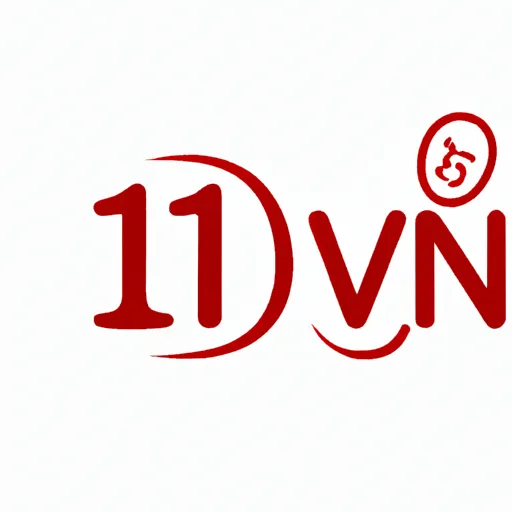
1. Clear definition of the audience. To effectively manage content on your website, you first need to know who you want to attract and what target audience will visit your site. Develop a clear profile of your target audience, including their interests, preferences, and online behavior. This will help you create content that is relevant to your audience and meets their needs.
2. Regular content updates. One of the important principles of effective content management on your website is regular content updates. Continuous addition of new content is important for attracting visitors and maintaining their interest. You can plan and create new content in advance to have flexibility and the ability to regularly update your site.
3. Consistency and style. All pages of your website should have a consistent style and content consistency. This will help your visitors easily navigate the site and build trust in your company. Use the same graphics, fonts, and colors on all pages of the site. It is also important to coordinate the style of the content - adhere to the same formatting rules for headings, subheadings, lists, etc.
4. Short and informative content. Brevity is the soul of wit, especially on the modern information overloaded internet. Your content should be short, clear, and informative. Try to avoid long blocks of text that distort the structure of the page. Instead, break down the text into paragraphs, use headings, subheadings, and bullet points to make it easier for your visitors to consume information.
5. Search engine-friendly headlines. A good headline is a key element of effective content. It should be attractive, informative, and contain keywords that will help you stand out in search results. Optimize your headlines for search engines by using relevant keywords. The headline should also be clear and appealing to your visitors, so they want to click on it and read more.
6. Visual content. Visual content is an important element of effective content management on your website. Photos, videos, and graphics can attract visitors' attention and make your content more attractive and memorable. Avoid using too much visual content that can slow down page loading. Choose only high-quality and relevant images and videos that support your message.
7. Call to action. Calls to action help you direct visitors to specific actions or goals on your website. For example, you can include a link to a sales page or contact form at the end of each article or blog post. Calls to action should be simple and clear, so visitors can easily perform the required action.
8. Analysis and optimization. Content analysis and optimization are important processes for effective management of your website. Use analytics tools such as Google Analytics to learn which pages and content attract more visitors. Optimize these pages to improve their performance and enhance the user experience. Use keywords and tags to improve the SEO rating of your content.
9. Audience engagement. It is important to engage with your audience and establish interaction. Allow them to leave comments, ask questions, and share your content on social media. Respond to their questions and comments in a timely manner and keep your promise to provide useful and valuable content.
10. Continuous improvement. Never settle for what you have achieved and always strive for continuous improvement of your content. Use feedback and analyze results to learn what works and what can be improved. Regularly update and optimize your content to follow trends and meet the expectations of your target audience.


